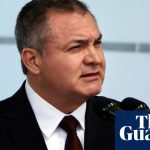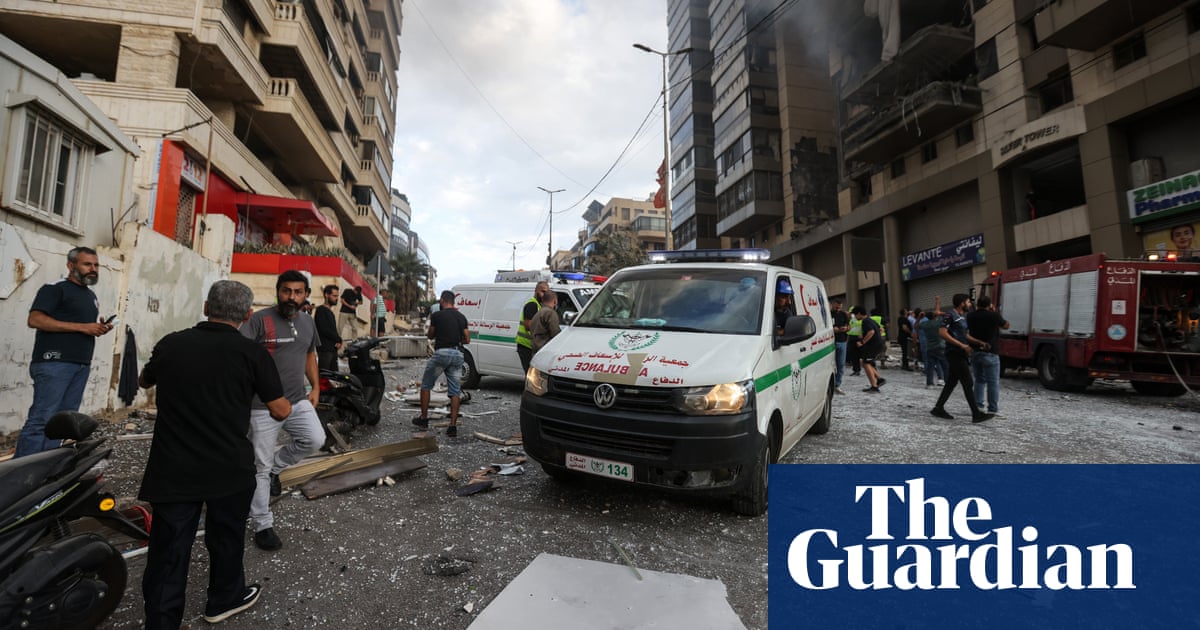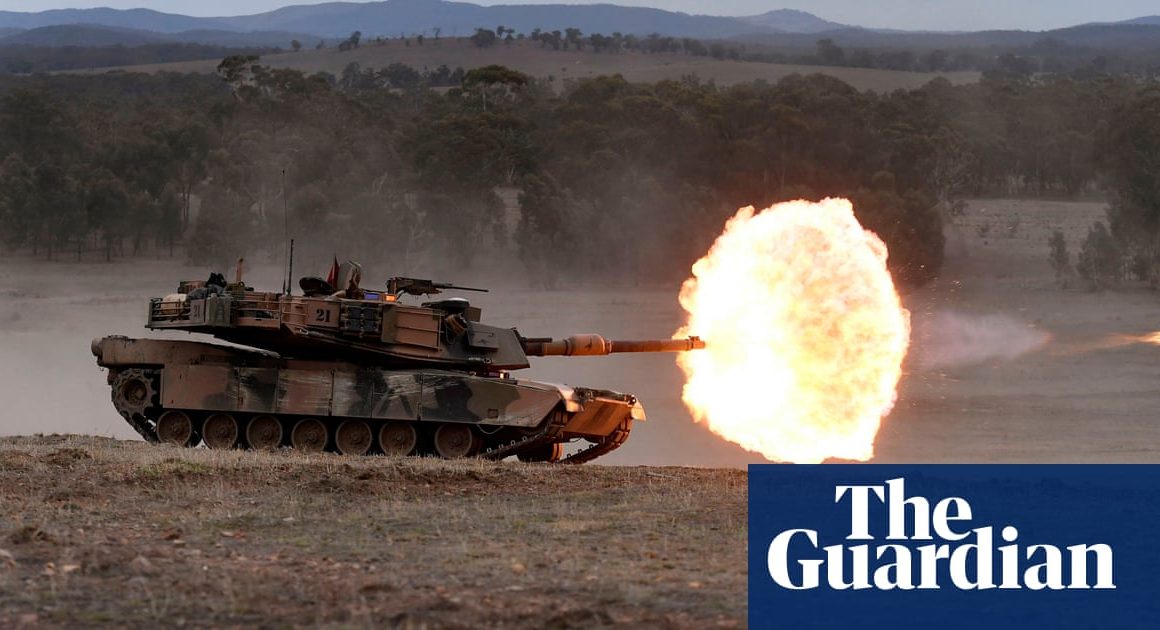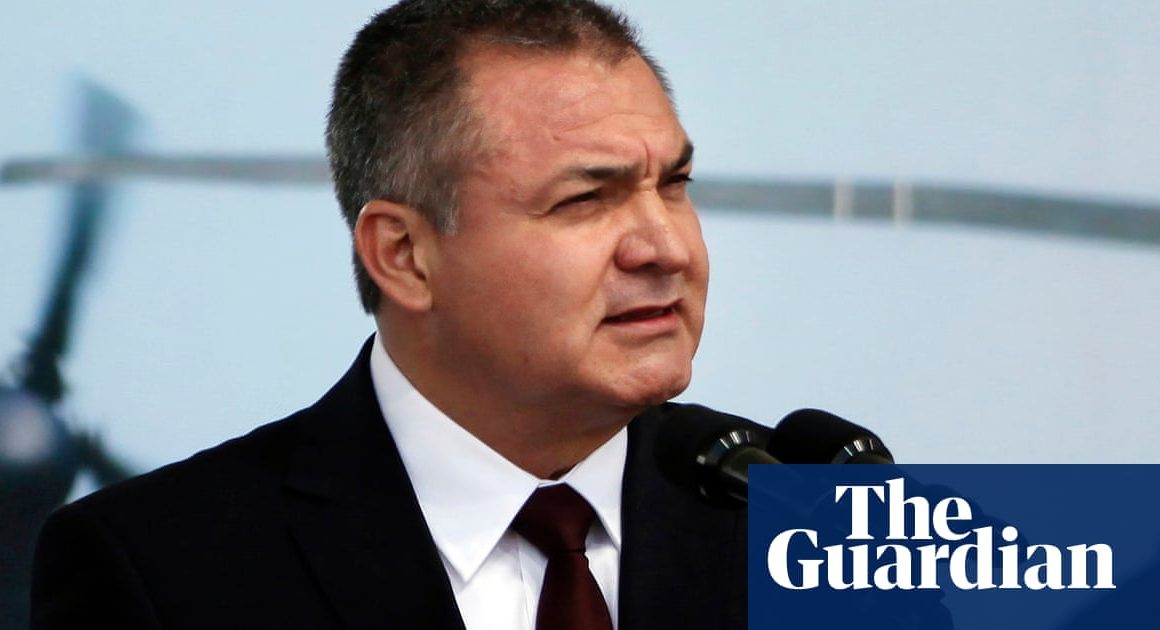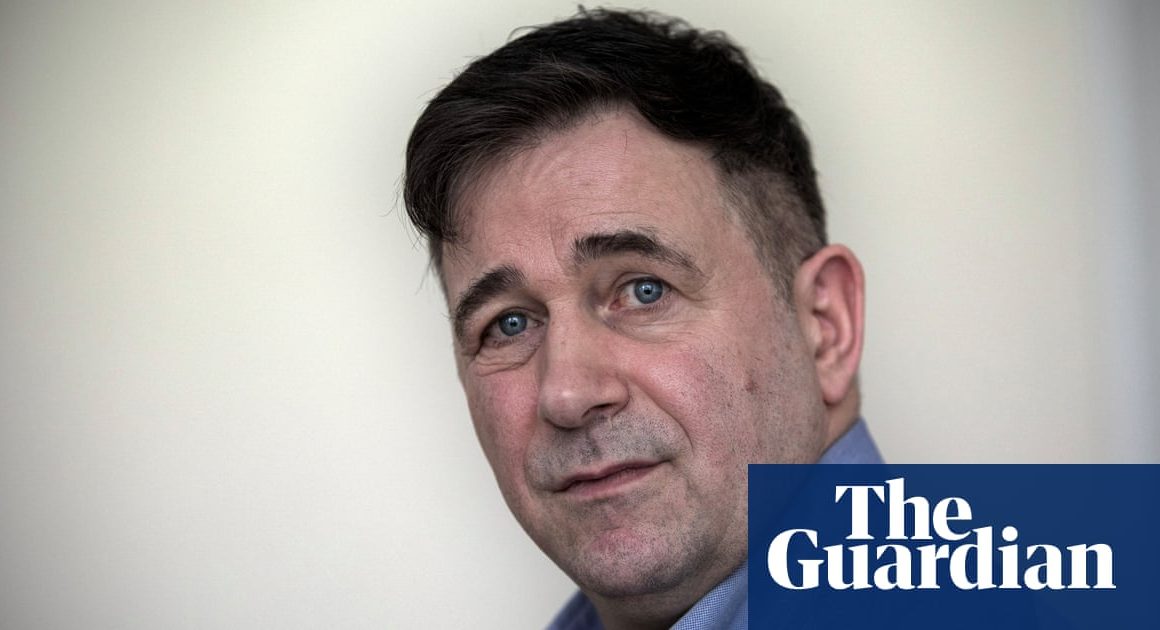Israel has ordered more evacuations in southern Lebanon and threatened to target ambulances, as a fifth UN peacekeeper was wounded in Israel’s escalating conflict with the Iran-backed Lebanese group Hezbollah.
Israel’s military on Saturday ordered people in 23 southern Lebanese villages to evacuate to areas north of the Awali River, which flows from the western Bekaa valley into the Mediterranean.
The order, communicated via a military statement, mentioned villages in southern Lebanon that have been recent targets of Israeli attacks, and many of which are already almost empty.
The Israeli military also claimed on Saturday, without providing any evidence, that Hezbollah militants were using ambulances to transport themselves and weapons and called on medical teams to “avoid dealing with Hezbollah operatives and not to cooperate with them”.
In a post on X, the Israel Defense Forces’ (IDF) Arabic spokesperson threatened that it would target “any vehicle carrying armed men, regardless of its type”.
The Lebanese health ministry said on X on Saturday that five hospitals had sustained damage from the Israeli airstrikes in the eastern city of Baalbek and the Bekaa valley. The Israeli military had no immediate comment, and it was not possible to independently verify the hospital strikes.
The Guardian has previously reported that at least 50 paramedics have been killed since Israel launched its most recent attacks on Lebanon. All have belonged to healthcare services affiliated with either Hezbollah or Amal, another Shia political party – affiliations that rights experts say do not affect their protected status under international law.
The medical charity Médecins Sans Frontières (MSF) last week was forced to close its clinic in a southern suburb of Beirut and temporarily stop its activities in another one in the north, because of heavy airstrikes, the group said in a statement on Thursday.
A UN report last week accused Israel of pursuing a concerted policy of destroying Gaza’s healthcare system in the war in the strip, including “relentless and deliberate attacks on medical personnel and facilities”, saying this constituted war crimes and extermination as a crime against humanity.
Israel, which accuses the UN of institutional bias against it and claims Hamas hides in healthcare facilities, rejected the findings.
At least 15 people were killed and 37 wounded in Israeli strikes across three different areas in Lebanon, the Lebanese health ministry said on Saturday. One of the targeted locations was in the town of Deir Billa in northern Lebanon, which had not been struck before. A marketplace in the southern city of Nabatieh was also targeted.
Nine people were killed and 15 injured in the village of Maaysra, a mostly Christian mountain area north of Beirut, while four were killed and 18 injured in Barja in the Shouf district south of the capital, the ministry said.
In Deir Billa, the ministry reported two dead, four wounded and “body parts” after an Israeli strike. DNA tests were being carried out to determine the identity of the remains, the statement added.
Lebanon’s official National News Agency had said an “Israeli strike” targeted a house in the village where families from south Lebanon had taken refuge.
The Israeli military, meanwhile, said Hezbollah had fired nearly 320 projectiles from Lebanon into Israel on Saturday, without giving further details. It declared areas around some towns in north Israel closed to the public.
Another member of Unifil, the UN peacekeeping mission in Lebanon, was struck by gunfire on Friday, the organisation said on Saturday, adding that the man was stable after undergoing surgery to remove the bullet.
The statement also said Unifil’s position in the southern Lebanese town of Ramyah sustained significant damage as a result of explosions after nearby shelling, but did not specify who was responsible for either attack.
A total of five UN peacekeepers were injured on Thursday and Friday when the Israeli military fired on the headquarters of the UN peacekeeping mission in southern Lebanon on three occasions, drawing condemnations from the global body and various countries. Unifil has accused Israel of deliberately targeting its positions.
A group of 40 countries participating in the Unifil mission issued a joint statement on Saturday condemning the recent attacks on the peacekeepers’ base and calling for all parties to ensure their safety.
“Such actions must stop immediately and should be adequately investigated,” said the joint statement, posted on X by the Polish UN mission and signed by countries including leading contributors Indonesia, Italy and India.
The Lebanese prime minister, Najib Mikati, said his government would ask the UN security council to issue a new resolution calling for a “full and immediate ceasefire”.
The US defence secretary, Lloyd Austin, in a call on Saturday with his Israeli counterpart Yoav Gallant, expressed “deep concern” about reports that Israeli forces had fired on UN peacekeeping positions in recent days and urged Israel to ensure safety for them and the Lebanese military, the Pentagon said.
Austin also “reinforced the need to pivot from military operations in Lebanon to a diplomatic pathway as soon as feasible”, according to the Pentagon statement.
Hezbollah said that it had attacked the outskirts of Tel Aviv with a swarm of drones on Friday, without giving further details. Israel said there were no casualties reported when its military detected and intercepted two drones from Lebanon.
The Israeli military claimed it had hit about 200 targets in Lebanon with artillery and airstrikes and killed about 50 Hezbollah fighters and dismantled dozens of weapons storage sites.
The conflict between Israel and Hezbollah militants erupted one year ago when the Iranian-backed group began launching rockets at northern Israel in support of Hamas on 8 October, at the start of the war in Gaza.
It has intensified in recent weeks, with Israel bombing southern Lebanon, Beirut’s southern suburbs and the Bekaa valley, killing many of Hezbollah’s leaders, and sending ground troops across the border.
Hezbollah, for its part, has fired rockets deeper into Israel.
The Israeli campaign has forced approximately 1.2 million people from their homes since 23 September, according to the Lebanese government.
Israel says its Lebanon offensive aims to secure the return home of tens of thousands of people who evacuated from northern Israel because of Hezbollah rocket fire.
As of Friday the death toll had reached 2,255 since the beginning of hostilities, the Lebanese health ministry said on Saturday.
The United Nations Office for the Coordination of Humanitarian Affairs said on Saturday that more Lebanese people have now been displaced than during the last major war between Israel and Hezbollah in 2006, when approximately 1 million fled their homes.
Reuters and Agence France-Presse contributed to this report



